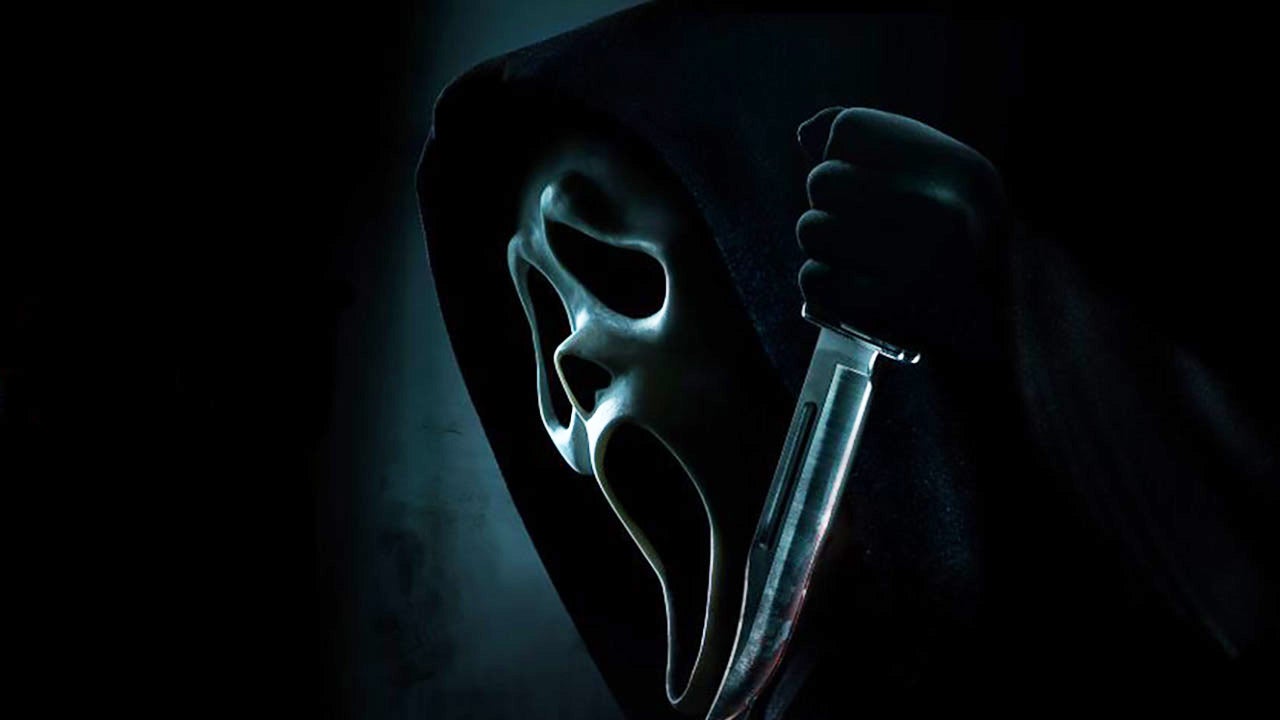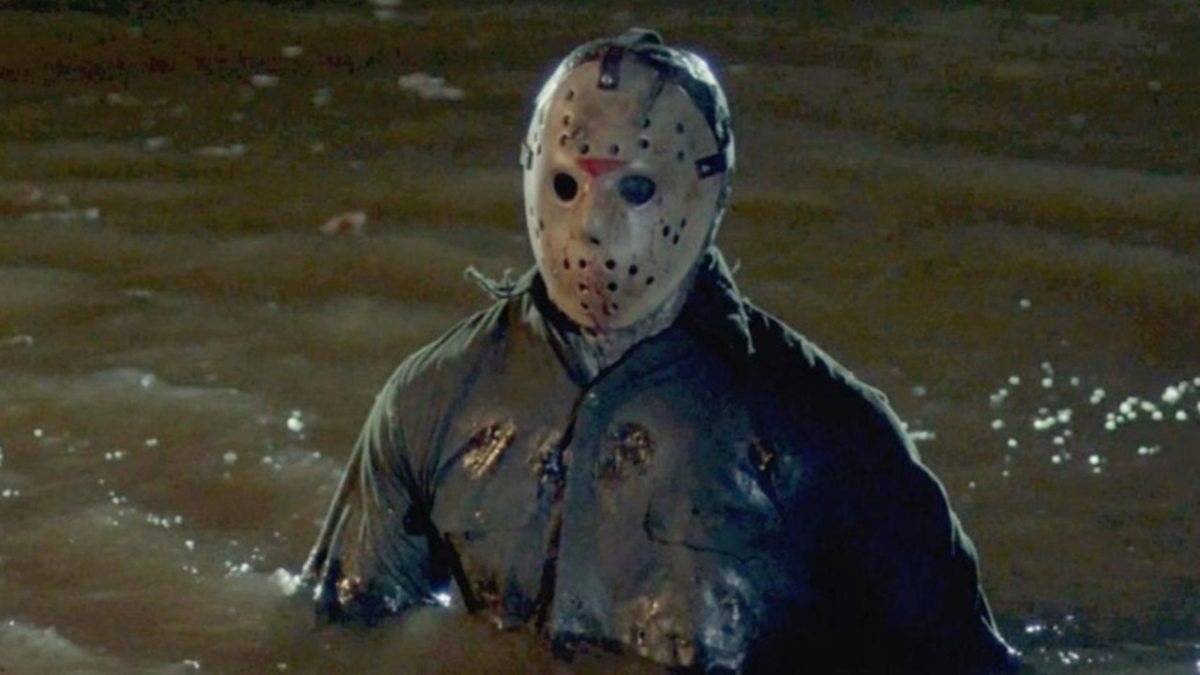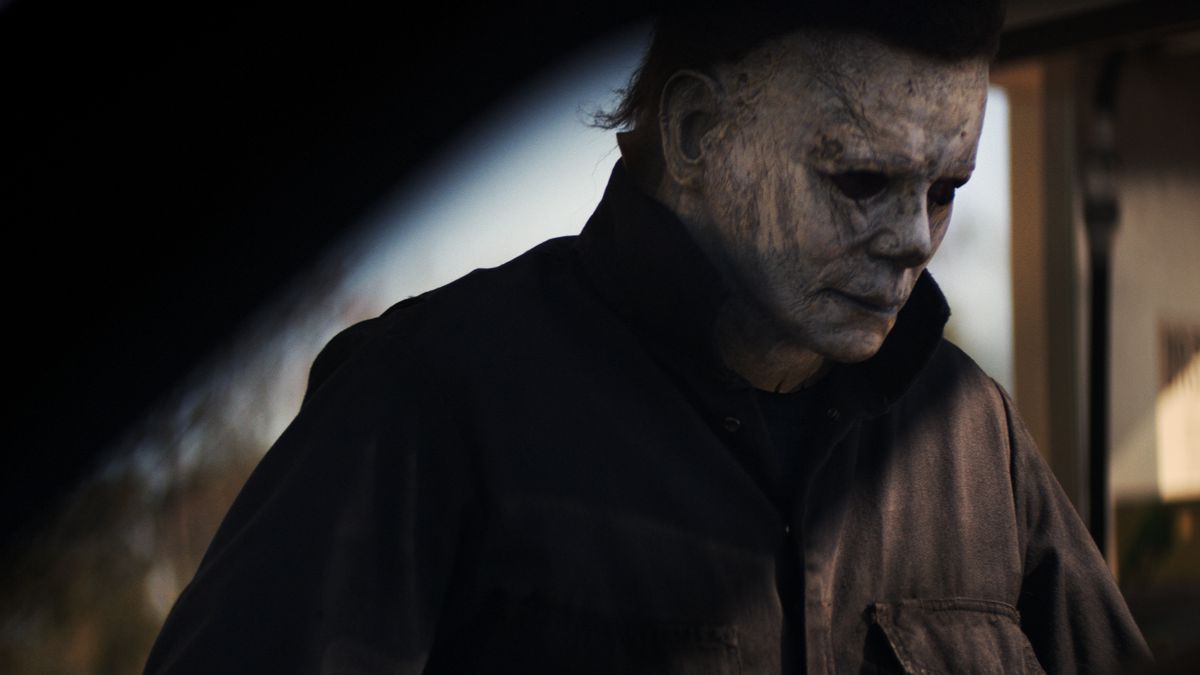Why Do We Like Horror Movies? The Psychology Behind Our Love of Fear, Explained

Why do we like horror films? After all, they’re pretty, well, horrific. The genre is known for being dark, gritty, gory, and filled with death, torture, and jump scares. The films specifically focus on dark subject matter and strive to outrage and violate our morals and sensibilities. Yet, every year, the horror genre enjoys high commercial success and audiences never fail to turn up for the latest Halloween or Scream film. Despite the films often raising feelings of fear or disgust, we still keep watching them. So, what gives?
Horror films have been around for over a century, though it wasn’t specifically codified as a genre until 1931. And while it tends to do well commercially, the horror genre isn’t without its controversies. Horror is one of the most frequently censored genres in film. In the 1980s, horror films caused such a moral panic the National Viewers’ and Listeners’ Association (NVALA) led a campaign against what they called “video nasties” in the UK. These video nasties were low-budget horror films distributed via video cassette that the NVALA sought to ban.
The panic around the video nasties led to the introduction of the Video Recordings Act 1984 which put more regulations in place for video distribution. Censorship has relaxed in recent years in the U.S. and UK, but horror films still remain highly controversial. Such controversy definitely makes one second-guess their enjoyment of such gruesome entertainment. What is it about horror films that we really like?
Why We Like Horror Films

The truth is, people liking or disliking horror films comes down to psychology. One of the biggest factors (that contributes to our liking of horror films) is stimulation. Fear and anxiety is a negative kind of stimulation, but stimulation can also be positive in the form of joy and excitement. When watching horror films, we experience both kinds of stimulation—the more fearful we are, the more our excitement and enjoyment raises. Fright also increases our adrenaline, giving us an enjoyable energy surge or heightened sensations while watching horror. Meanwhile, the more heightened the stimulation was, the higher the euphoric feeling of relief and accomplishment when the film concludes.
Another common reason is curiosity. We, as human beings, are inherently curious, so it isn’t strange that we’d be curious about the dark side of humanity. However, most of us will never meet a real-life Hannibal Lecter or Michael Myers. Hence, the only way we can really satisfy our curiosity is through horror films. It provides us a safe way to vicariously experience humanity’s darkness.
Lastly, we often consume horror films for the experience. Horror films allow us to live out alternate realities, such as zombie apocalypses or Battle Royale situations. Again, we can vicariously live through various threatening and dangerous situations and rehearse our response to them. Then, when we emerge unscathed from a horror film, we have a sense of accomplishment and mastery. It’s the same feeling when you’ve made it through a haunted house unscathed and experience increased confidence in your ability to respond to frightening situations.
The Psychology of Horror Films, Explained

So, there are definitely multiple acceptable reasons for people to like horror films. However, what determines why some people like horror, while others don’t?
Basically, to like horror, you have to have certain psychological protective frames in place. There are three protective frames: safety-zone frame, detachment frame, and control frame. For the safety-zone frame, you must have a knowledge that you are distanced and safe from the evil onscreen. If you know that what is on the screen can’t physically hurt you, you will enjoy horror films. However, if you start to doubt and think you’re unsafe while watching horror, you’re less likely to enjoy it.
Detachment means that you can witness horrible scenes and detach from them—usually by reminding yourself it’s not real and that it is just actors on the screen. Lastly, control means that you’re confident in your ability to control your fear or the dangers present. You are confident that you can overcome any perceived danger or fear that the horror film raises.
If any of these psychological frames are missing, it can reduce one’s preference for horror films. Additionally, there are certain personality types who are more likely to enjoy horror. Generally, those who are thrill/sensation-seeking, those who are less empathetic, and those who have an openness to experience are more likely to have an affinity for horror. Liking horror just means you have right the psychological frames in place to not be overwhelmed by the content and it also means you appreciate the experience and stimulation of the films.
(featured image: Paramount Pictures)
Have a tip we should know? [email protected]